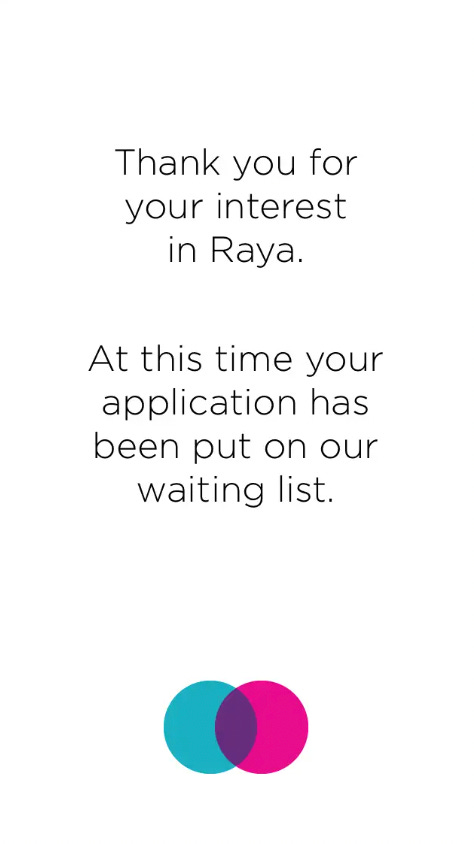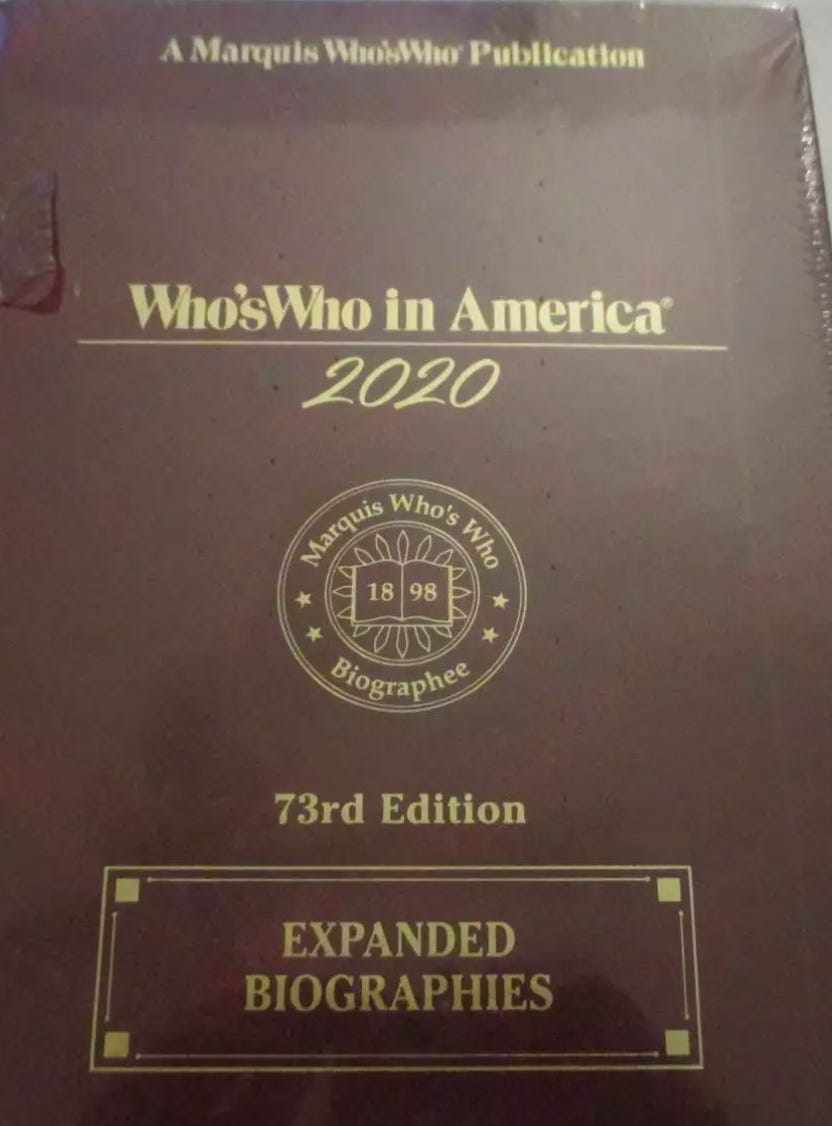Lev's Good Ideas: An Instagram Account Called "Am I Hot?" Should Judge Us All
It's time to strip the internet down to its bare essential: judgement, not connection
Before Facebook, Mark Zuckerberg created FaceMash, a site that let users judge digital selves on their appearance. This site itself was a ripoff of Hot or Not, an early internet site that established the pre-algorithmic world of base judgement.
This is a key to our understanding: pre-algorithmic. This early site had a standard point system, a ten-point scale that was transparent: and, in that transparency, came the joy of judgement.
The dark thrill was in knowing people were there, people like you:
Crucially, the barrier to entry HotOrNot was high: uploading pictures was more difficult in the pre-smartphone area. And, unlike in conventional dating apps, there was no “skin in the game” for the judger and no “risk” of connection.
Still, the joy was in judging: but some sought to be judged. On Reddit, a popular page is “Roast Me” where strangers post themselves, begging for negative attention in the form of roasts.
So: we know that people crave judgement and they crave the ability to judge. But dating apps have seemingly fixed that problem, allowing the easy dopamine of swiping people like playing cards.
But there are other gamifications at play.
First, and most critically, is the idea of branding: Hinge has a different persona target than Bumble or Tinder, as does J-Swipe or Raya. Your use of these platforms conveys not just who you’re looking for but who you are; and, in the case of Raya, your social status.
But there is a catch: all these apps require you to care, at least in theory, about a second-party.
We know better: people only care about themselves.
That fixation on personal identity will be where this issue of Lev’s Good Ideas is targeted: we are casting a wide-net to our best audience of shallow, clout-hungry internet natives who want empty-calorie validation without the ordeal of being known (or, frankly, to even know someone else.)
Central to this is that dystopia is what we all really want, and what the internet has been serving back to us: validation, pride, and ego that can be presented out to the plural world.
Magdalene Taylor, a brilliant thinker and writer focused on sexuality and the internet, has correctly observed that the internet itself is the new approval we seek, and that dating app content is often curated for creating content for a third-party outsider.
We aren’t connecting with others; we’re devouring ourselves, looking for a morsel of validation within our own bodies.
And, in doing so, we can find the seed of our good idea: by selling this validation back to the vain and aspirational, we can better connect them with each other.
Believe it not, the problem with dating apps is that they are too human––and, furthermore, that humanity is a losing product online. Our goal is to remove the ordeal of “being known” while still providing a vehicle for connection and validation.
To make dating apps better, we first have to make them worse.
Introducing: Hot Folks Only
It’s a joke, it’s ironic, it’s terrible and horrible and funny, a curiosity you want to glance at. I hate it; can you get me in?
Hot Folks Only (you try finding a spare username on Instagram) is a mockup, a proof of concept without proof.
The flow is as follows:
Hot Folks Only (or: a version of “Am I Hot?” that I can actually book) is a nightclub door, an account that anyone can apply to follow but will only let you in if you’re “hot” enough.
It’s a faceless account, with a mysterious set of criteria. It doesn’t sell you anything except access to everyone else the account allows it to follow: in other words, a pool of clout-hungry attractive people.
Who would be stupid enough to fall for this?
I’m glad you asked.
Scammers have long run this gambit, selling people inclusion to prestigious groups. The book series “Who’s Who” has long offered this, selling an opt-in biographical phonebook nobody uses to bilk egoists out of money.
We know the core of this business works: people want to validate themselves and the insecure desperately want “in” to something that seeks to keep them out, even if they’ve never heard of it.
But we have an easier task for a more clout-thirsty audience. Instead of asking people for $115, we ask for a click. Instead of a hardcover, we provide a link, entry to an empty nightclub that announces one thing: we say that you’re hot.
If we’re lucky, people will be outraged and annoyed. And that’s good! Never forget: the attention economy is pro-scammer. People spend all day on social media looking for things to get mad at. Why don’t we give them what they want?
The overlap between love and hate isn’t new, but the ability for the internet to conflate romantic and social desirability is both a truth and opportunity.
What I propose is: we take a publicly available format (like Instagram) and package our own exclusivity (acceptance to this private account) and see who bites.
Some readers might find this idea rather thin; I propose it’s elegant.
In our vacuum of expertise, there is a need for judgement. In our endless neediness and anxiety, there is an untapped need to be seen without being known.
We can package that tension and sell it back to people who can’t handle being alone in themselves, yet can’t connect with other people.
Depressing? Sure.
But it’s smart.
And that’s where we make our business.








